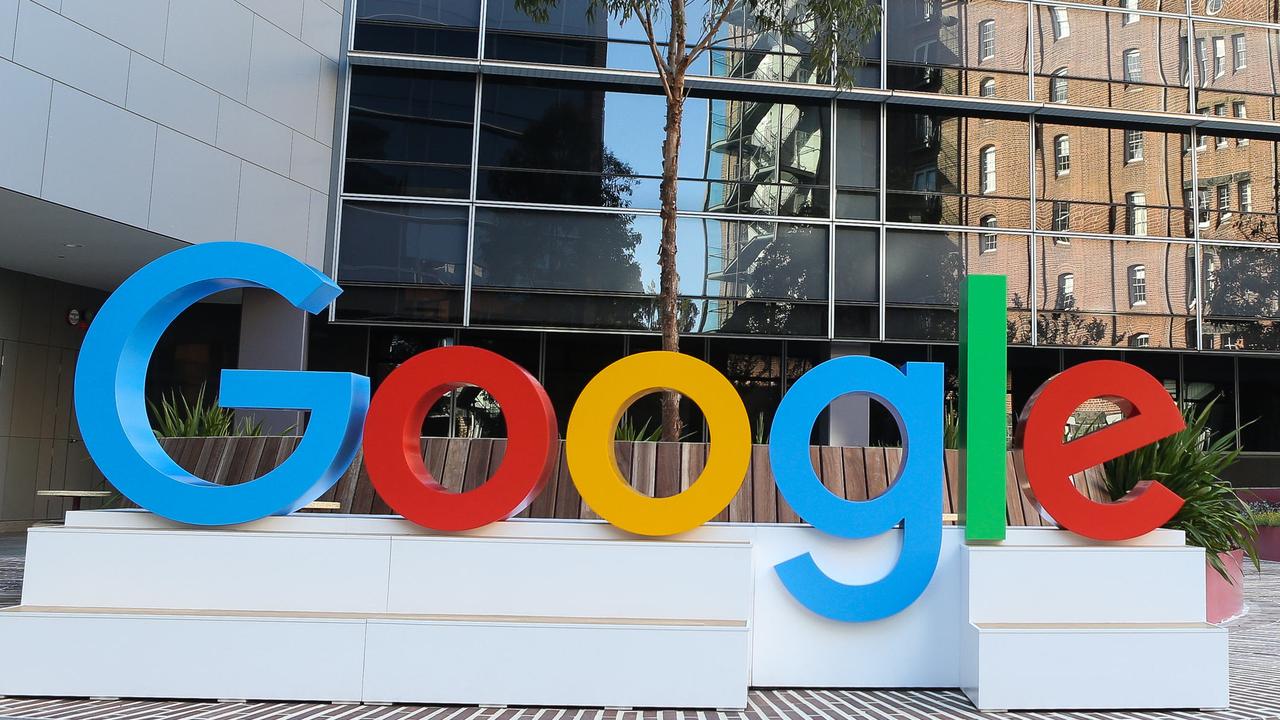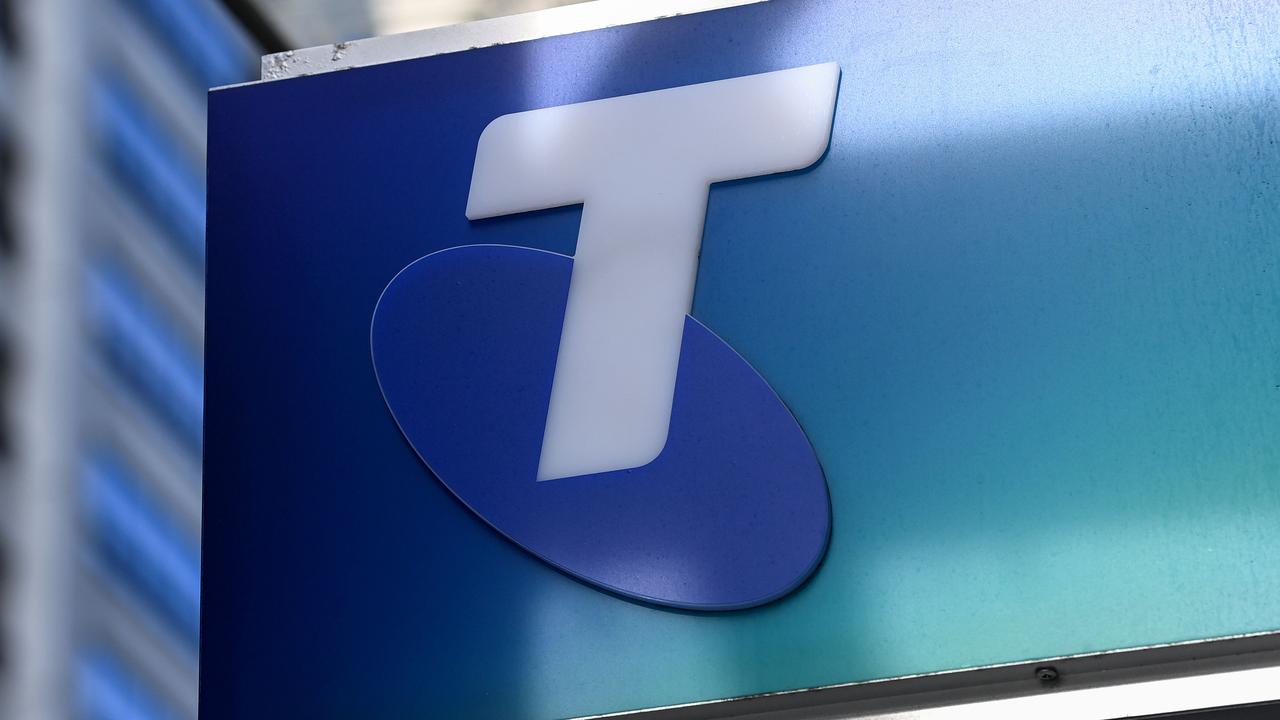Google has been with a massive $60m fine after it was found the tech giant mislead Australian Android users about how it used their data in order to target them with advertising.
The fine comes as a result of Australia’s consumer watchdog taking the tech giant to court in 2019.
The Australian Competition and Consumer Commission alleged that Android phone settings were misleading.
It accused Google of storing the location data of some users even if they had “Location History” turned off.
The Federal Court ordered the tech giant to pay the $60m penalty after it found it had breached Australian consumer laws by misleading some Android owners between January 2017 and December 2018.
The court found that another setting titled “Web & App Activity” also allowed location data to be shared with Google.
The ACCC says its best estimate, based on available data, is that the users of 1.3 million Google accounts in Australia may have viewed a screen found by the court to have breached Australian consumer laws.
Google took remedial steps and had addressed all of the contravening conduct by 20 December 2018, meaning that users were no longer shown the misleading screens, the ACCC said.
ACCC chair Gina Cass-Gottlieb said the court’s decision sent a strong message to digital platforms and other businesses about using people’s data.
“Personal location data is sensitive and important to some consumers,” she said in a statement.
“Some of the users who saw the representations may have made different choices about the collection, storage and use of their location data if the misleading representations had not been made by Google.”
Ms Cass-Gottlieb said the penalty was the first instance of public enforcement to come from the ACCC’s digital inquiry platforms.
A spokesman for Google confirmed the company had agreed to settle the matter with the ACCC.
“We’ve invested heavily in making location information simple to manage and easy to understand with industry-first tools like auto-delete controls, while significantly minimizing the amount of data stored,” he spokesman said.
“As we’ve demonstrated, we’re committed to making ongoing updates that give users control and transparency, while providing the most helpful products possible.”
.


